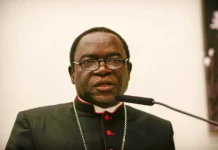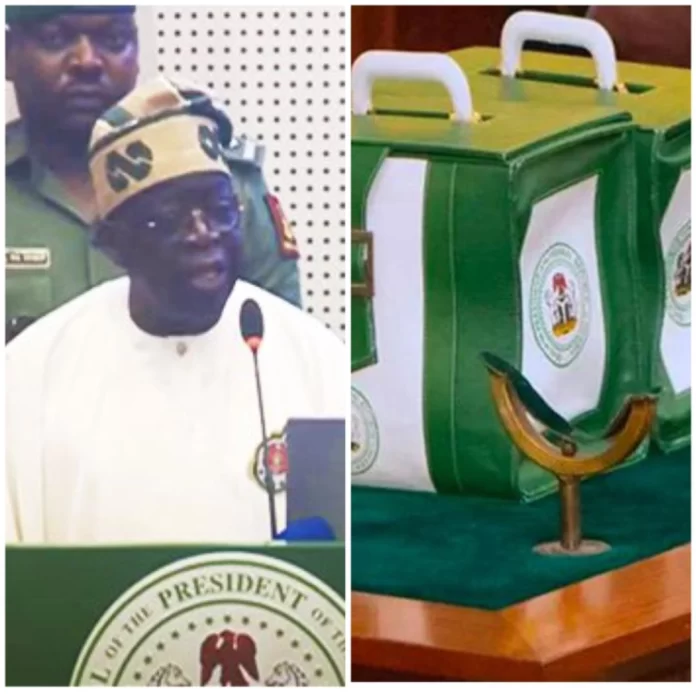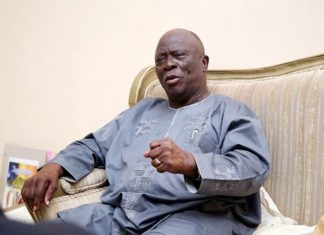The Federal Government informed the Senate that, should revenue rise, it will think about bringing the N27.5 trillion 2024 Appropriations Bill back to the National Assembly for revision.
Speaking yesterday in Abuja, the Minister of Finance and Coordinating Minister of Economy, Mr. Wale Edun, stated that the Federal Government would have no choice but to go back to the National Assembly to appropriate the additional revenue due to the significant improvement in the economy and if the revenue increases. Senator Sani Musa (APC, Niger East) led the Committee on Finance for budget defense.
“The revenue performance was encouraging, and it is expected to continue to be encouraging,” stated the minister. A committee dedicated to tax reform and fiscal policy is currently in operation. Along with digitization, it is intended to bring about fundamental change and boost collection efficiency because it generates revenue from debt, which may allow us to raise this budget even further.
“We will return and, I’m confident, Mr. President will approve the procedure to bring the National Assembly back to allocate additional revenue if we have a strong revenue performance. It is a scenario that we are all anticipating.
Recall that on Wednesday, the penultimate, President Tinubu announced to the National Assembly the N27.5 trillion 2024 Appropriations Bill. He also outlined his administration’s intention to grow the economy by at least 3.76 percent above the projected global average by adopting the “revised 2024-2026 Medium Term Expenditure Framework, MTEF, and Fiscal Strategy Paper, FSP” as the framework for the 2024 budget.
In addition, Edun mentioned that to boost capital investment in the 2024 budget, the Federal Government was investigating ways to expedite the procurement process.
“When we look at actual budget performance, expenditure as of the third quarter of the year, which is September, was 32 percent below the budget estimate. Revenue was up five percent, which is an encouraging revenue performance. Debt service was up eighteen percent due to an exchange rate change, a depreciation of the currency, and the fact that we have approximately $46 billion in outstanding foreign debt.”
Capital expenditures substantially underperformed their budget. We are examining issues related to the procurement process and strategies for expediting capital expenditure to maintain the overall budget balance.
The fiscal deficit is anticipated to decrease from N13.7 trillion to N9.2 trillion. More significantly, the deficit reduces the amount of the budget that must be financed by borrowing from 6.1 percent to 3.9 percent of GDP, while capital expenditures stay at 32 percent of GDP. This is how the budget is structured.
Join Television Nigerian Whatsapp Now
Join Television Nigerian Facebook Now
Join Television Nigerian Twitter Now
Join Television Nigerian YouTUbe Now






















